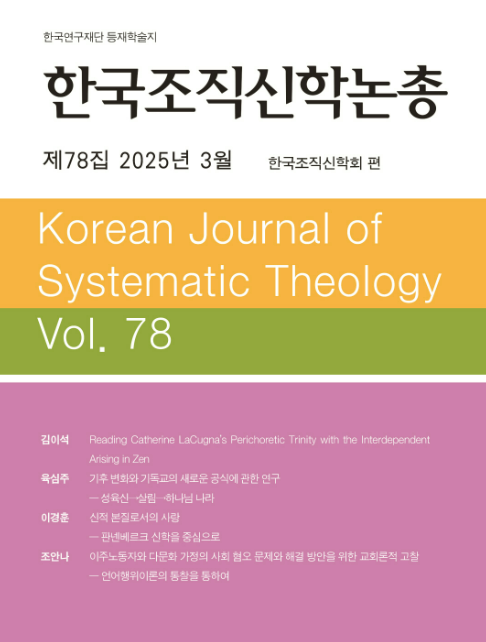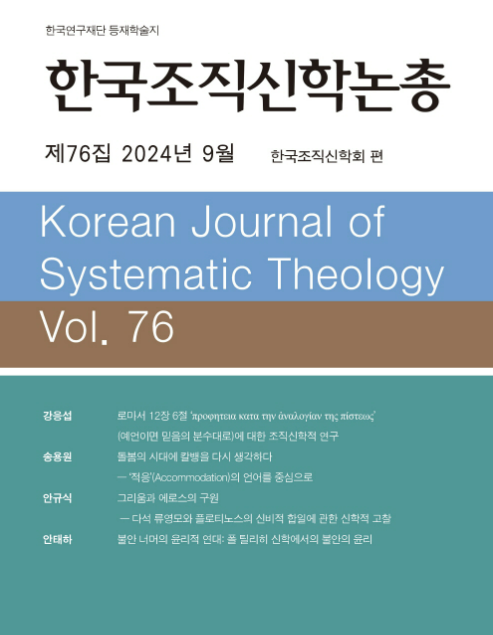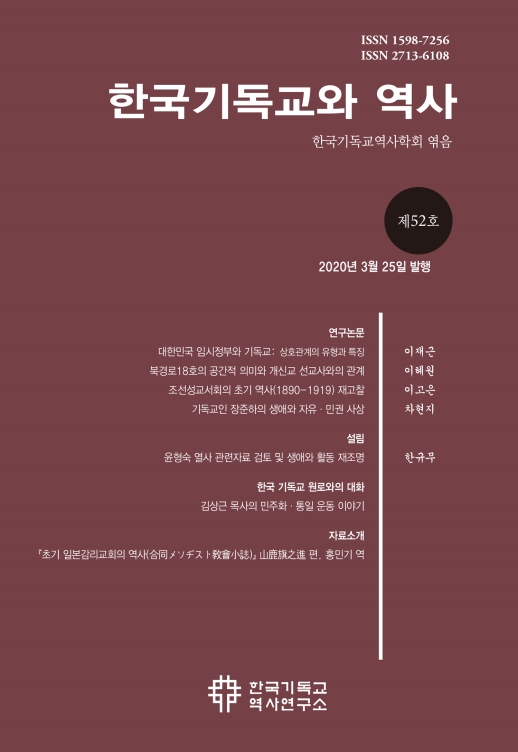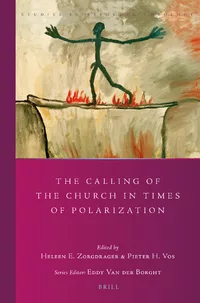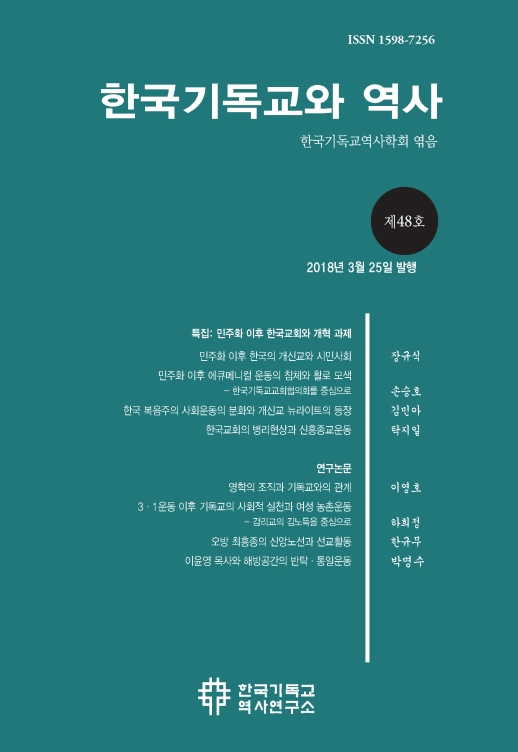최근 한국 사회에서 제기된 ‘국민저항권’ 담론은 종교적 언어와 정치적저항이 결합하면서 헌법 질서에 대한 신학적, 법학적 논의를 요청하는중대한 계기를 제공하였다. 특히 일부 기독교 집단이 헌법 질서를 넘어서는 저항을 신앙의 이름으로 정당화하면서, 기독교 신자의 정치적 실천과 공공 윤리에 대한 성찰이 요청되고 있다. 본 논문은 이러한 문제의식을 바탕으로 저항권의 법적 개념과 기독교 신학 전통 속 저항의 의미를 분석하고, 공공신학의 관점에서 기독교인의 바람직한 공적 참여 방식을 제안하고자 한다. 먼저 저항권은 헌법 질서의 중대한 파괴와 다른합법적 수단이 존재하지 않을 때, 최후의 수단으로서만 정당화될 수 있는 보충적 권리임을 확인한다. 이어서 종교개혁 전통에서의 질서와 복종 그리고 제한적 저항의 조건을 칼뱅의 사상을 통해 고찰하며, 신정 통치적 관점에서의 시민적 책무를 강조한다. 마지막으로 본 논문은 민주주의가 작동하는 오늘날의 한국 사회에서는 폭력적 저항이 아닌 비폭력적이고 제도 안의 합법적 절차를 통한 공적 실천이 요구됨을 주장한다. 공공신학은 기독교가 도덕적 지시자가 아닌 대화적 참여자로서 공론장에 서도록 하며 신앙과 합리성을 조화시켜 공동선을 추구하는 윤리적기반을 마련해 준다. 따라서 기독교인은 법을 넘어선 극단적 저항이 아니라 민주적 절차와 비폭력적 참여를 통해 하나님의 정의와 평화를 구 현해야 한다.
The recent discourse on the “right of resistance” in South Korean so- ciety―particularly its convergence with religious rhetoric and politi- cal protest― has prompted urgent theological and legal reflection on the constitutional order. In particular, some Christian groups have at- tempted to legitimize extra-constitutional resistance in the name of faith, raising concerns about the political practice and public ethics of Christian believers. This paper critically examines the legal con- ception of the right of resistance and its theological foundations within the Christian tradition, and further proposes a constructive model for Christian civic engagement from the perspective of public theology. First, the right of resistance is affirmed as a supplementary and ulti- mate measure, justified only when constitutional order is gravely disrupted and no legal alternatives remain. Second, through Calvin’s thought, the paper explores the Reformation legacy of political order, obedience, and the conditions for limited resistance, emphasizing civic responsibility grounded in the worldview of theocracy. Finally, the study argues that in contemporary South Korea―where demo- cratic institutions are in operation― Christian public practice must re- ject violent or unconstitutional resistance and instead embody lawful and nonviolent participation within institutional frameworks. Public theology, in this context, calls the church to stand not as a moral au- thority issuing commands, but as a dialogical participant in the public sphere, harmonizing faith and reason in the pursuit of the common good. Thus, Christians are called to realize God’s justice and peace not through radical resistance beyond the law, but through demo- cratic processes and nonviolent engagement.


